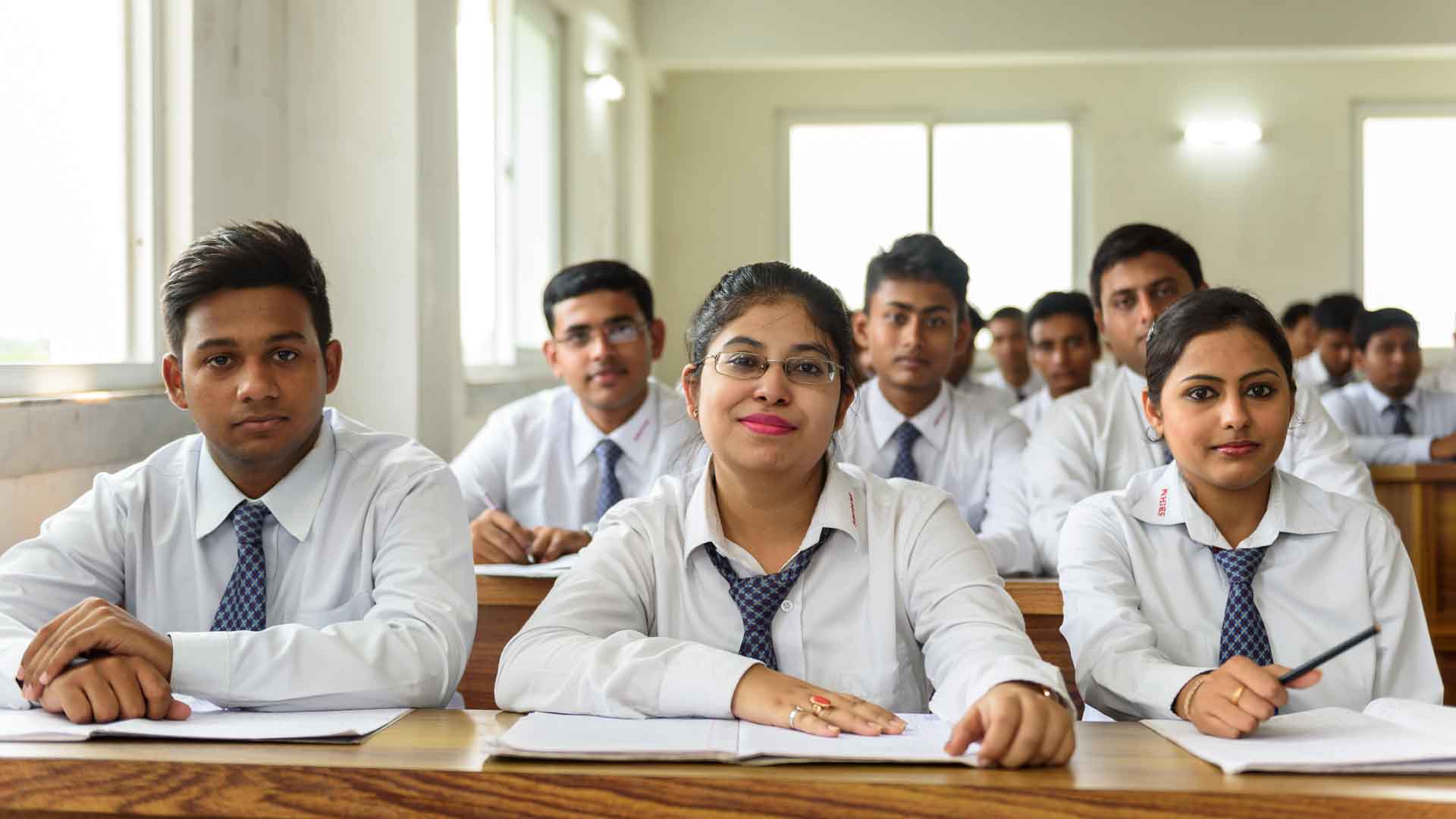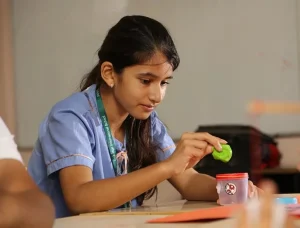
Hotel management courses in Singapore play a crucial role in preparing students for careers in the hospitality industry. The effectiveness of these programs largely depends on the role of teachers who are responsible for imparting knowledge, skills, and industry insights to aspiring hoteliers. This case study examines the multifaceted role of a teacher in hotel management courses in singapore.
Background:
Singapore is renowned for its thriving hospitality industry, characterized by world-class hotels, restaurants, and tourism services. To meet the growing demand for skilled professionals in this sector, numerous educational institutions offer hotel management courses that cover various aspects of hotel operations, culinary arts, and hospitality management.
The Role of a Teacher:
Subject Matter Expert:
- A teacher in a hotel management course is expected to possess in-depth knowledge of the subject matter. This includes proficiency in hotel operations, food and beverage management, customer service, and industry trends.
- Teachers serve as the primary source of information, sharing their expertise through lectures, demonstrations, and practical exercises.

Skill Development:
- Teachers are responsible for developing students’ practical skills and competencies. This involves hands-on training in areas such as culinary arts, housekeeping, front office operations, and event management.
- They create a conducive learning environment that encourages students to practice and refine their skills.
Mentorship and Guidance:
- Beyond academic instruction, teachers often take on the role of mentors and guides. They provide career advice, support, and counseling to help students make informed choices and set career goals.
- Teachers offer insights into the industry, including potential career paths and opportunities.
Industry Insights:
- Teachers maintain a strong connection with the hospitality industry, staying updated on current trends and developments.
- They incorporate real-world examples and case studies into their teaching to bridge the gap between theory and practice.
Soft Skills Development:
- In addition to technical skills, teachers emphasize the development of soft skills such as communication, leadership, teamwork, and problem-solving.
- They create scenarios and group activities that simulate real workplace situations to enhance these skills.
Assessment and Feedback:
- Teachers design assessments and evaluations to gauge students’ understanding and progress.
- They provide constructive feedback and guidance for improvement, fostering a culture of continuous learning.
Cultural Sensitivity and Diversity:
- Given Singapore’s multicultural society, teachers in hotel management courses emphasize cultural sensitivity and diversity training.
- They educate students on the importance of respecting different cultural norms and customs, preparing them for a globalized industry.
Networking and Industry Exposure:
Teachers facilitate networking opportunities and industry exposure for students. This may involve organizing field trips, inviting guest speakers, or arranging internships with renowned hotels and restaurants.
Conclusion:
The role of a teacher in hotel management courses in Singapore is multifaceted and pivotal to the success of students in the hospitality industry. Teachers not only impart knowledge and skills but also serve as mentors, industry connectors, and advocates for professional development. Their dedication and expertise contribute significantly to the preparedness of students for rewarding careers in the dynamic world of hospitality.






